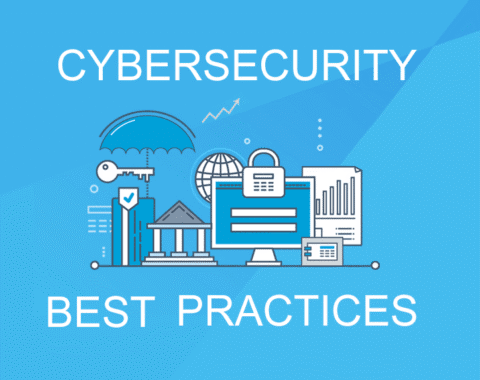by Kimberly Rux
One often overlooked but critical element of cybersecurity is the human factor. Despite the advanced technology and sophisticated algorithms in place, humans remain both the weakest link and the strongest defense in the realm of digital security. Understanding human behavior is paramount in fortifying defenses against cyber threats, as it shapes the effectiveness of various security measures and strategies.
Phishing attacks, one of the most prevalent cyber threats, exploit human psychology to trick individuals into divulging sensitive information or performing actions that compromise security. These attacks often prey on emotions like fear, curiosity, or urgency to manipulate users into clicking on malicious links or disclosing confidential data. By impersonating trusted entities or creating scenarios that seem plausible, cybercriminals exploit inherent human traits such as trust and willingness to help, making phishing emails or messages highly effective.
The psychology behind phishing attacks underscores the importance of raising awareness and providing education on recognizing and mitigating such threats. Training programs that simulate phishing attempts can help employees develop a critical eye and a healthy skepticism toward unsolicited messages. Moreover, fostering a culture of open communication where employees feel comfortable reporting suspicious activity can serve as an additional layer of defense against phishing and other social engineering tactics.
Social engineering encompasses a range of techniques used to manipulate individuals into divulging confidential information or performing actions that compromise security. From pretexting to baiting, these tactics leverage human psychology to exploit vulnerabilities in organizational systems. Awareness and vigilance are crucial in combating social engineering attacks, as they often target human emotions and vulnerabilities rather than technical weaknesses.
Building a strong security culture within an organization is essential for mitigating cybersecurity risks associated with human behavior. This involves fostering a collective understanding of security best practices, promoting accountability at all levels, and providing continuous training and support to employees. By integrating security into the organizational culture, employees become active participants in safeguarding sensitive information and defending against cyber threats.
Effective security awareness programs go beyond simply educating employees about the importance of cybersecurity; they also empower individuals to recognize and respond to potential threats proactively. This may include providing practical guidance on password management, safe browsing habits, and identifying suspicious activity. By instilling a sense of ownership and responsibility for cybersecurity among employees, organizations can significantly enhance their overall security posture.
Furthermore, leadership plays a crucial role in setting the tone for security culture within an organization. Executives and managers must demonstrate a commitment to security by prioritizing investments in training, technology, and policies that promote a secure environment. By fostering a culture of security from the top down, organizations can establish clear expectations and standards for behavior, encouraging employees to prioritize security in their day-to-day activities.
In conclusion, the human element remains a central component of cybersecurity, shaping both vulnerabilities and defenses in the digital landscape. Understanding the psychology of human behavior, particularly in relation to phishing attacks and social engineering tactics, is essential for implementing effective security measures. By building a strong security culture within organizations and providing ongoing education and support to employees, businesses can empower individuals to become active participants in safeguarding against cyber threats, ultimately enhancing overall resilience and security.
 |
Kim Rux joined Southridge Technology in 2018 as a technician and has since transitioned to Marketing Director and Operations Administrator. Known for her technical skills and dedication to mentoring, she fosters a collaborative workplace culture. Kim’s creativity and strategic thinking have significantly enhanced Southridge’s marketing efforts. Outside of work, she enjoys photography and spending time at home reading and cooking with her partner, Spencer, and her feline companion, Kat. |
| Southridge Technology is a Connecticut based, whole-systems management IT service provider specializing in cyber-security and industry compliance; business continuity; WAN management, communications, and email hosting; cloud storage and backup solutions; and live, local, real-time monitoring and emergency response 24/7/365. We support organizations whose sizes range from one desktop to systems with over 400 endpoints. Our clients include both non-profit and private industries throughout the Northeast. |  |



